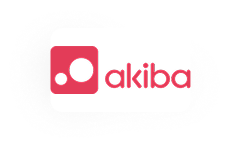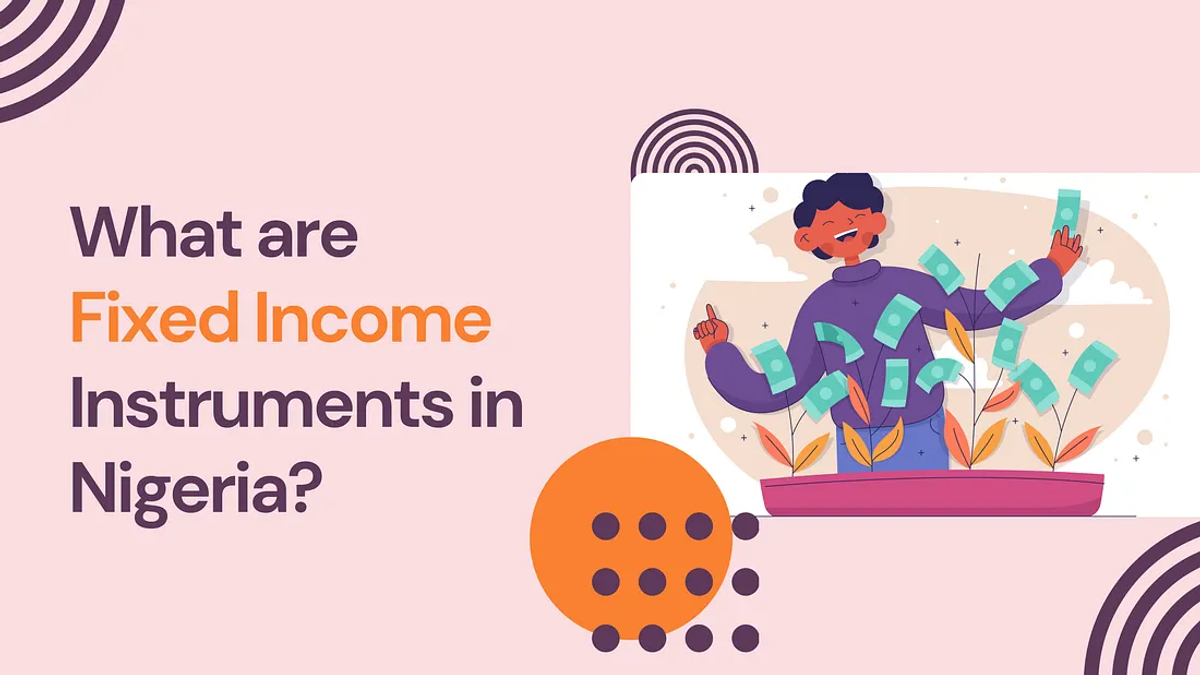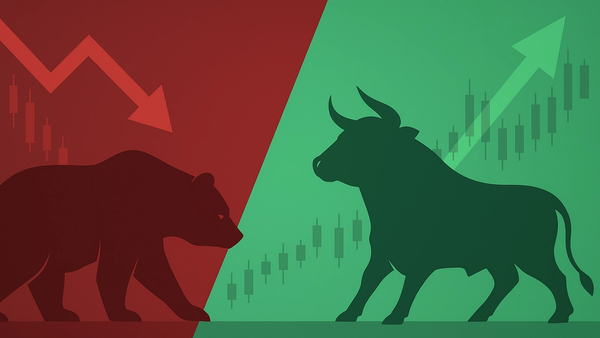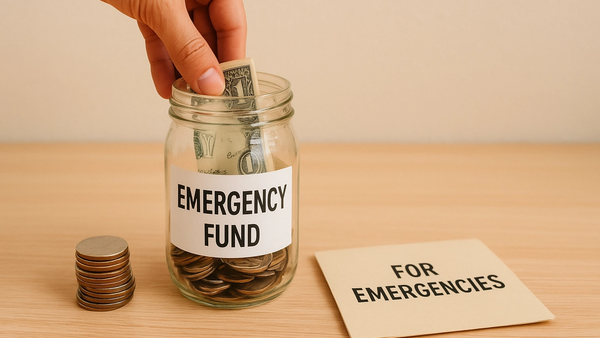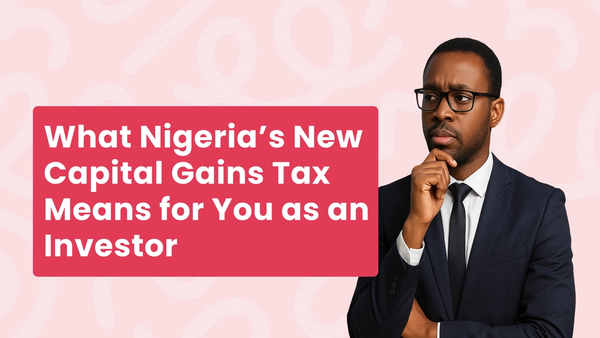Thousands of Nigerians are discovering smarter ways to grow their wealth - there is one that doesn’t require you to be a financial expert or have millions to start with.
Over the years, fixed income investments have quietly become a major and trusted vehicle for wealth building in Nigeria. These investments are very popular in Nigeria, attracting all kinds of investors, from everyday people to high-net-worth individuals (HNIs) and large institutions.
Why is it so popular and widely used? In this comprehensive guide, we’ll break down everything you need to know about fixed income investments in Nigeria and how to get started.
What Are Fixed Income Instruments?
Fixed income instruments are investments that provide predictable returns over a specified period, usually in the form of interest payments (coupons) and return of principal upon maturity. They are called “fixed income” because they offer a fixed, scheduled payout, unlike equities where returns depend on company performance or dividends.
In Nigeria, fixed income instruments are used by governments, corporations, and banks to raise capital. For the investor, these instruments provide a relatively low-risk investment opportunity, especially valuable in a country like Nigeria with double-digit inflation and fluctuating interest rates.
Types of Fixed Income Instruments in Nigeria
1. Treasury Bills (T-Bills)
Think of this like lending money to the Nigerian government for a short time, usually 3 months, 6 months, or 1 year. The government borrows your money, and at the end of the period, they pay you back with some profit (called interest). You don’t get paid monthly; instead, they give you your interest upfront by selling it to you at a discount.
Example: You pay ₦95,000 today, and in 12 months, the government pays you ₦100,000. That ₦5,000 is your gain.
2. FGN Bonds
This is also a loan to the Nigerian government, but for a much longer period, from 2 to as long as 30 years. The major difference is that you get paid interest every 6 months, and when the time is up, you get back your full capital.
Example: You invest ₦100,000 in a bond that pays 15%. Every 6 months, you’ll get ₦7,500 until the bond matures.
3. Corporate Bonds
This is when you lend money to a company (like MTN or Dangote) instead of the government. The company promises to pay you interest regularly and return your money after a few years. These usually pay higher interest than government bonds, but there’s a bit more risk because companies can go broke.
4. Commercial Papers
These are short-term loans to big companies, usually for a few months. You invest now, and in 3 to 9 months, they return your money with profit. It’s like a fast version of a bond but meant for people who are okay with a bit more risk.
5. Money Market Mutual Funds
Here, you put your money into a pool (like a group savings box) managed by professionals. They then invest that money into safe, short-term instruments like T-Bills, bonds and commercial papers. You can start with as little as ₦5,000 and earn returns daily, monthly or quarterly, depending on the fund.
6. Sukuk (Non-interest Bonds)
If you’re someone who avoids interest for religious or ethical reasons, Sukuk is a good option. Instead of paying interest, the government or company uses your money to fund a project (like a road), then pays you back with a share of the profit from that project. It’s Sharia-compliant and becoming more popular in Nigeria.
Why Nigerians Use Fixed Income Instruments
1. High Inflation Makes Fixed Income Rewarding
As the cost of living rises, the money sitting in your bank account quietly loses value. To manage inflation, the Central Bank of Nigeria (CBN) usually raises interest rates and when that happens, fixed income investments like treasury bills, government bonds, and money market funds start offering higher returns.
That means instead of letting inflation quietly eat away at your savings, you can put your money in fixed income and earn returns that try to keep up with rising prices. It’s one of the smartest ways to protect and grow your money in an economy like ours.
2. Peace of Mind
Let’s be honest, the Nigerian economy is not for the faint-hearted. One day, the naira is stable. The next, there’s a new policy, or fuel prices jump. In times like that, you want an investment that won’t give you a heart attack.
Fixed income gives you that calm. You know when you’ll get paid, how much you’ll earn, and when you’ll get your money back. No wild swings like the stock market or crypto.
3. Steady and Predictable Returns
There’s nothing more comforting than knowing that every 3 or 6 months, you’ll get a credit alert from your investment. That’s how bonds and mutual funds work; they pay you interest on a schedule.
It’s like having a side hustle that doesn’t stress you. You’re earning consistently without having to “monitor charts” or monitor prices.
4. Great for Long-Term Planning
Saving for a child’s school fees in 3 years? Planning a wedding in 2 years? Want to secure your retirement? Fixed income is perfect for that.
You can align your investments with your timeline and know exactly what you’ll have when the time comes. No surprises.
5. It Builds Discipline
One underrated benefit of fixed income is that it locks away your money for a while, and that’s a good thing. No impulsive spending. You can’t just wake up and withdraw like it’s a normal savings account.
That kind of structure helps you develop better money habits, especially if you struggle with saving.
So, Where Do You Start?
If you’ve made it this far, one thing should be clear: fixed income isn’t just for high-net-worth individuals or finance experts. It’s for anyone who wants to grow their money steadily, protect it from inflation, and build wealth with less stress.
And when it comes to getting started, you want a trusted partner who offers the full range of options, makes the process easy, and understands the Nigerian market.
Don’t want to stress about picking individual T-bills or CPs? The Vetiva Money Market Fund pools your money with other investors and gives you access to a professionally managed portfolio of short-term, low-risk instruments, like T-bills, commercial paper, and bank placements.
Low entry barrier
2. Daily interest accrual
3. Easy liquidity
4. Quarterly yields that consistently beat regular savings
FGN Bonds & Corporate Bonds
If you’re thinking long-term or want to lock in even higher returns, Vetiva also offers access to:
Federal Government of Nigeria (FGN) Bonds for steady semi-annual interest and capital safety.
2. Corporate Bonds for higher yields from some of Nigeria’s strongest companies — backed by in-depth research and risk assessments.
With Vetiva, you’re not just investing; you’re making informed decisions backed by one of Nigeria’s most experienced asset managers.
Start building your fixed income portfolio today, whether you’re going short-term with a money market fund or locking in future gains with bonds, you’ll be making a smarter move for your financial future
